
by Daniel Warner | 21 Nov 2023 | Decoders, Educators' Catalog, History, Middle East, Politics, Russia, Ukraine
There is an evolving global consensus that some acts of violence in warfare are not acceptable. But how in the world can we enforce that? Headquarters of the International Criminal Court in The Hague, Netherlands. This article was produced exclusively for News...
Headlines about today’s international conflicts in Gaza and Ukraine paint atrocious pictures of war crimes and violent attacks. Are these actions sanctioned in the eyes of international humanitarian law? Correspondent and political science professor Daniel Warner of the Graduate Institute in Geneva gives an overview.
Exercise: Using this summary document from the Red Cross, print out 30-40 articles from the Geneva Conventions and their Additional Protocols. Cut each article out separately. Then, prepare a large board/poster for sorting and pasting the articles, divided into four sections: civilians, prisoners of war, wounded/sick, critical infrastructure. Have students read through each article and sort them within the four categories. As they learn more about the Conventions, you may consider bringing in current headlines to evaluate whether or not today’s conflicts have abided by these international humanitarian laws. Note: Consider creating 4-5 sets of article texts and sorting posters if you have a large class, or create a digital version via Google Slides.
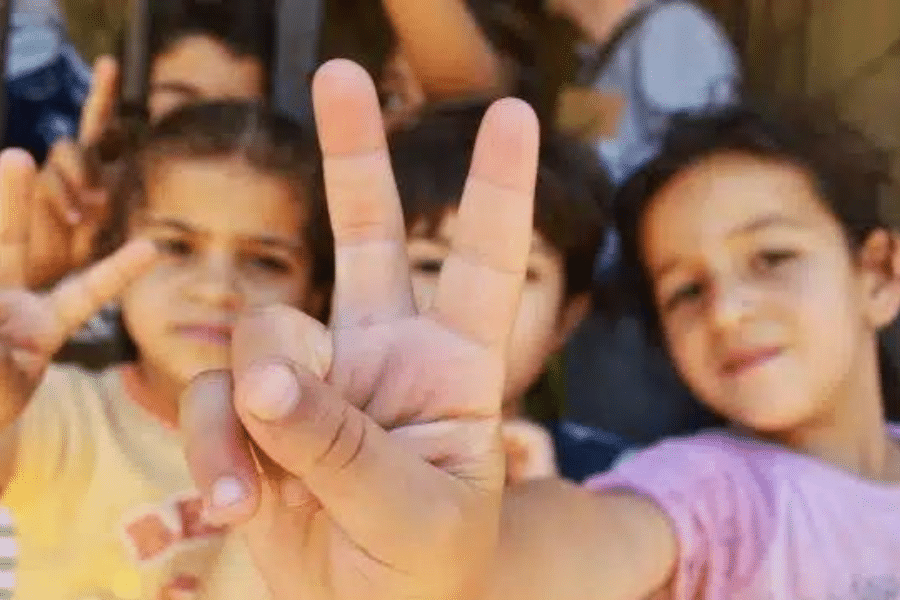
by Jan Oberg | 15 Nov 2023 | Decoder Replay, Journalism, Media Literacy, Middle East
Journalists tend to depict conflict as violent struggles between good and bad. There is a different way to think about war. Syrian refugee children in Lebanon (Wikimedia Commons/Trócaire/Eoghan Rice) Editor’s note: This week News Decoder is exploring the future...
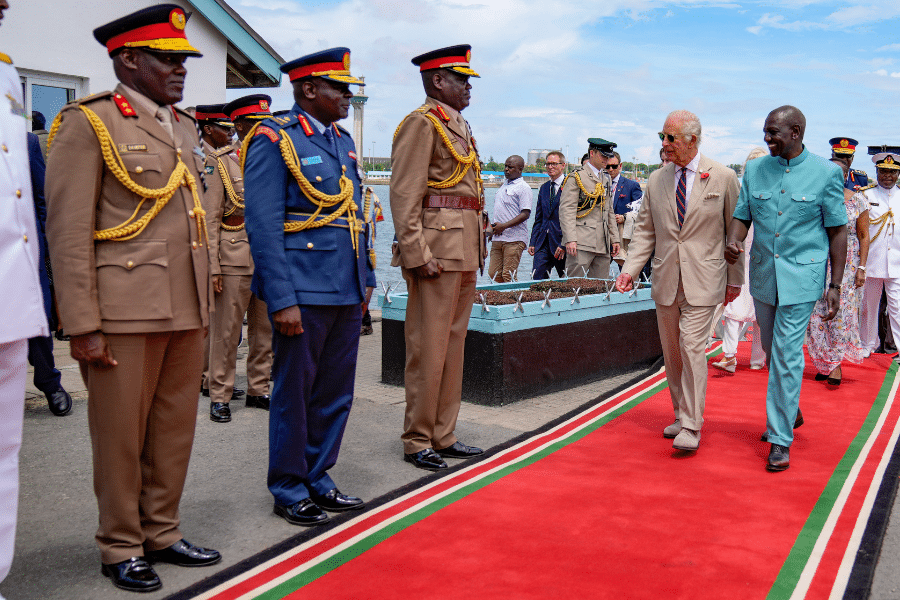
by Jeremy Solomons | 8 Nov 2023 | Africa, Decoder Replay, History, Human Rights, Politics
Modern colonialism was once preached as a force for global good. Now it is seen as a system of exploitation, oppression and enslavement. Britain’s King Charles III, on carpet left, and Kenya’s President William Ruto, on carpet right, attend a military...

by Karolina Krakowiak | 3 Nov 2023 | Decoders, Educators' Catalog, History, Poland, Politics
Polish voters in three different political parties united to wrest control of the government from the conservative Law and Justice party. What happens now? People gather at a rally conducted by the opposition party ahead of the general election in Warsaw, Poland on 1...
Parliament, propaganda and political parties in Poland. In this Decoder, guest writer and former ND intern Karolina Krakowiak reflects on democracy in her home country — and the immense power of voting as a means to change.
Exercise: After reading the article, have a discussion about civic engagement with your class. What does that look like in your country? How can young people get involved in improving the world around them? Why might some be disillusioned with the political system they are a part of? Then, divide students into groups of 3-4. Each group will come up with a slogan to encourage civic engagement in your local community. The class will vote on the best one.
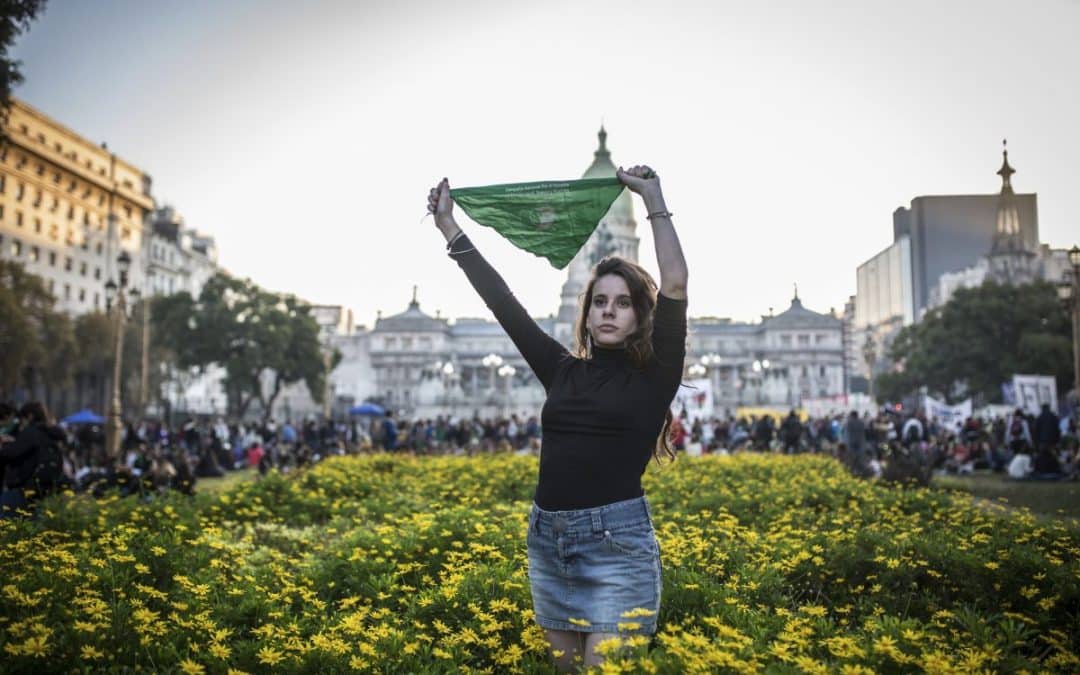
by Maggie Fox | 1 Nov 2023 | Decoder Replay, Politics, Women
Abortion is wrapped up in politics in many nations including the U.S. But one in four pregnancies ends in abortion, making it a global health issue. A woman demonstrates for the legalization of abortion, Buenos Aires, Argentina, 28 May 2019 (Nicolas...
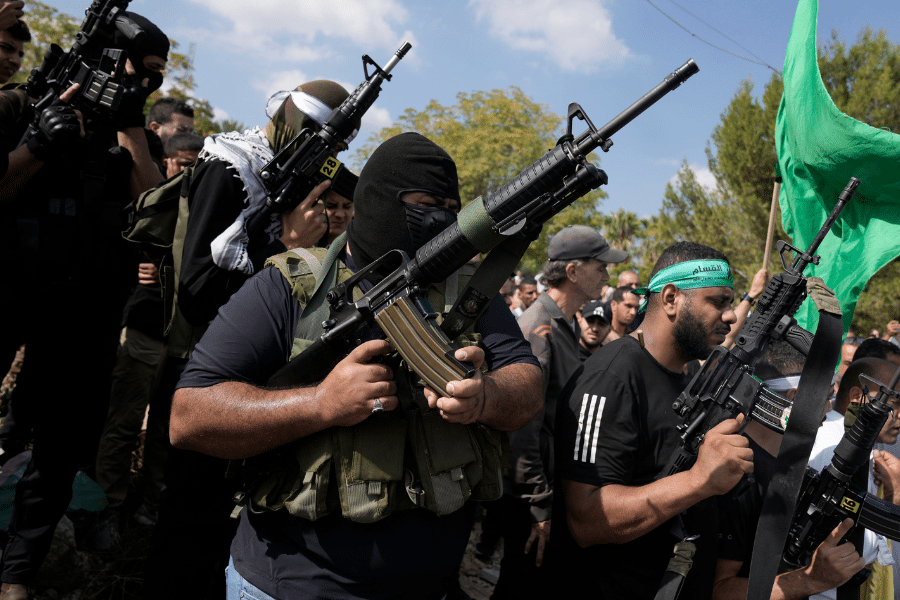
by Alistair Lyon | 23 Oct 2023 | Decoders, Educators' Catalog, History, Middle East, Politics
Hamas shatters the illusion of Israeli control. Palestinian militants attend a funeral of people killed during an Israeli military raid on a Palestinian refugee camp, Nur Shams, in the West Bank 20 October, 2023. (AP Photo/Majdi Mohammed) This article was produced...
Context matters and history matters. In this text from ND correspondent and Middle East expert Alistair Lyon, help your students understand the history behind the headlines surrounding Israel and Palestine.
Exercise: Read the article with your class, then have students create a timeline of key events mentioned in the text. Events may include: Hamas takes control of Gaza, Balfour Declaration, creation of Israel, British mandate to rule Palestine, British withdrawal from Middle East, the Holocaust, the Nakba, PLO 1988 declaration, founding of Hamas, Hamas wins parliamentary election, Oslo Accords, assassination of Itzhak Rabin, second Palestinian intifada, Israel withdraws from Gaza, Gaza blockade by Israel and Egypt. Is this long and complex history represented in social media posts and news stories about the conflict, or is it largely absent? Why and how does context matter?

by Susanne Courtney | 22 Sep 2023 | Climate decoders, Decoders, Economy, Educators' Catalog, Environment, Politics, World
The small island nation of Barbados is leading the call for international finance reform needed to fight the impacts of global warming. The world is listening. From the left, Prime Minister of Barbados Mia Mottley, Netherlands’ Minister of Finance Sigrid Kaag,...
June to August 2023 were the world’s hottest months on record, meaning the stakes are high to address climate change for all. This is especially true for small island nations and developing countries who do little to contribute to climate change, but disproportionately suffer its consequences. Correspondent Susanne Courtney digs into Barbados Prime Minister Mia Mottley’s plan to level the climate financing playing field in this Decoder.
Exercise: Inequities in climate financing loom large. Read the article with students, then have them explore this interactive visualization of historical greenhouse gas emissions by country and region. How does your country or region’s emissions compare to those of the world’s largest emitters? Create an infographic depicting this information, including a call to action for students to promote climate action in their local communities.
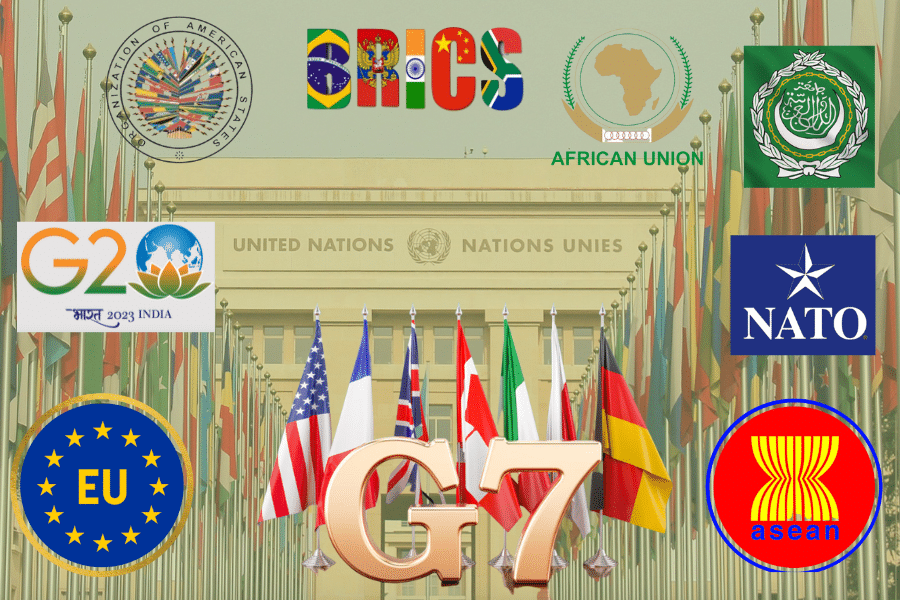
by Bernd Debusmann | 18 Sep 2023 | Decoders, Educators' Catalog, History, Politics, Ukraine, World
When Russia invaded Ukraine, the “international community” stood back. But is there such a thing? What, if anything, can bring the world together? The entrance to the United Nations in Geneva is obscured by the emblems of a dozen international economic and...
Blaming the “international community” for inaction is easy. But does this community actually exist, or is it just tantamount to the United States and company? Correspondent Bernd Debusmann runs it down in this Decoder.
Exercise: Divide students into nine groups. Each group will be assigned one of the regional organizations mentioned in the article: NATO, European Union, Arab League, G-7, G-20, ASEAN, OAS, African Union, BRICS. Groups should research their assigned organization and identify the organization’s main objectives and stance on current international tensions (e.g. war in Ukraine, economic sanctions on North Korea, nuclear proliferation, etc.). Can these regional groups work together to create a true international community, or are their interests too disparate?
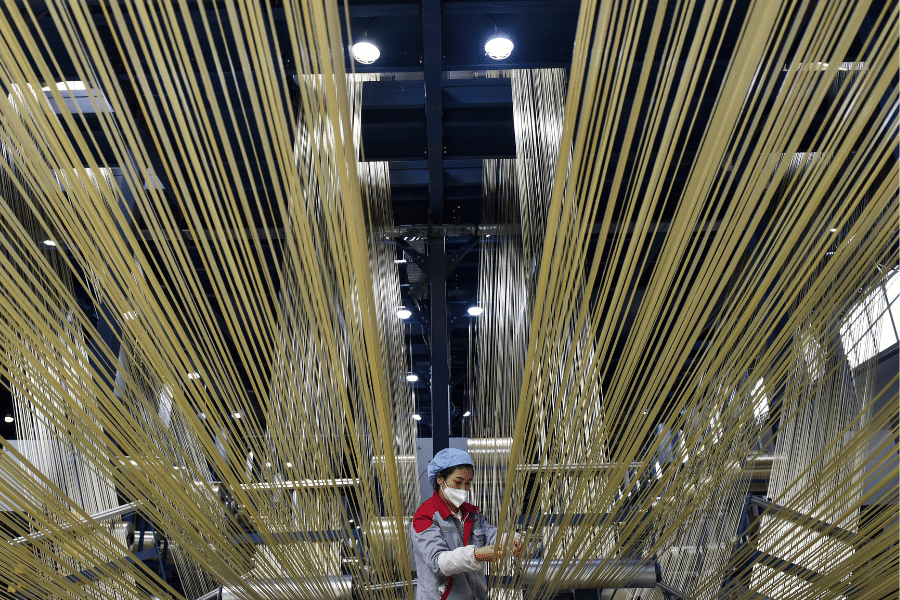
by John West | 6 Sep 2023 | China, Decoders, Economy, History, Politics
China’s economy steamed along until Covid. But government policies decades old are pulling it down. It might already be past its peak. A worker arranges raw filaments at the production base of Zhongfu Shenying Carbon Fiber Co., Ltd. in the city of Xining on 22...
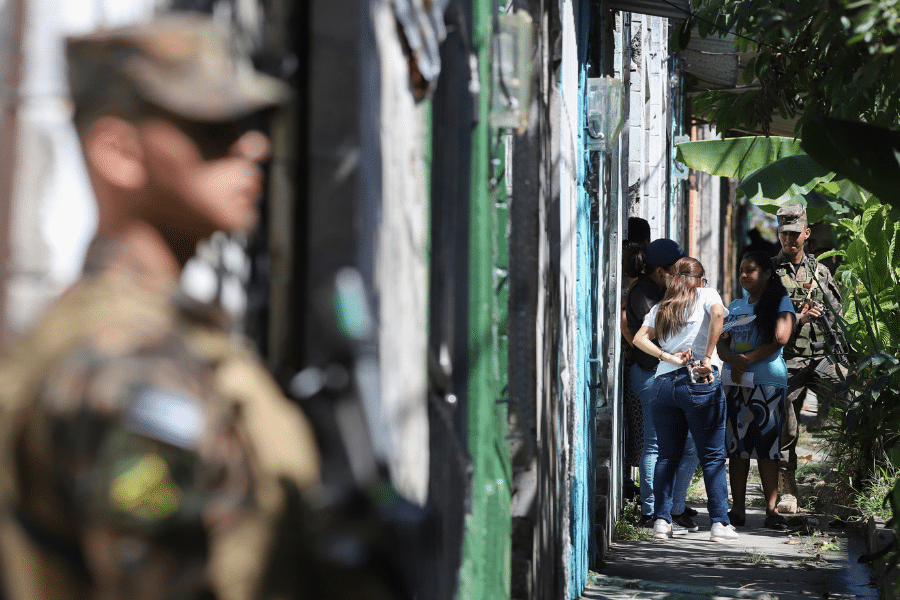
by Martin Langfield | 14 Jul 2023 | Americas, Decoders, History, Human Rights
How can a nation whose history is steeped in war and repression break free of violence? Salvadoran Army soldiers patrol in the La Campanera neighborhood in Soyapango, El Salvador, Friday, Jan. 27, 2023. In March 2022, El Salvador suspended some constitutional rights...










